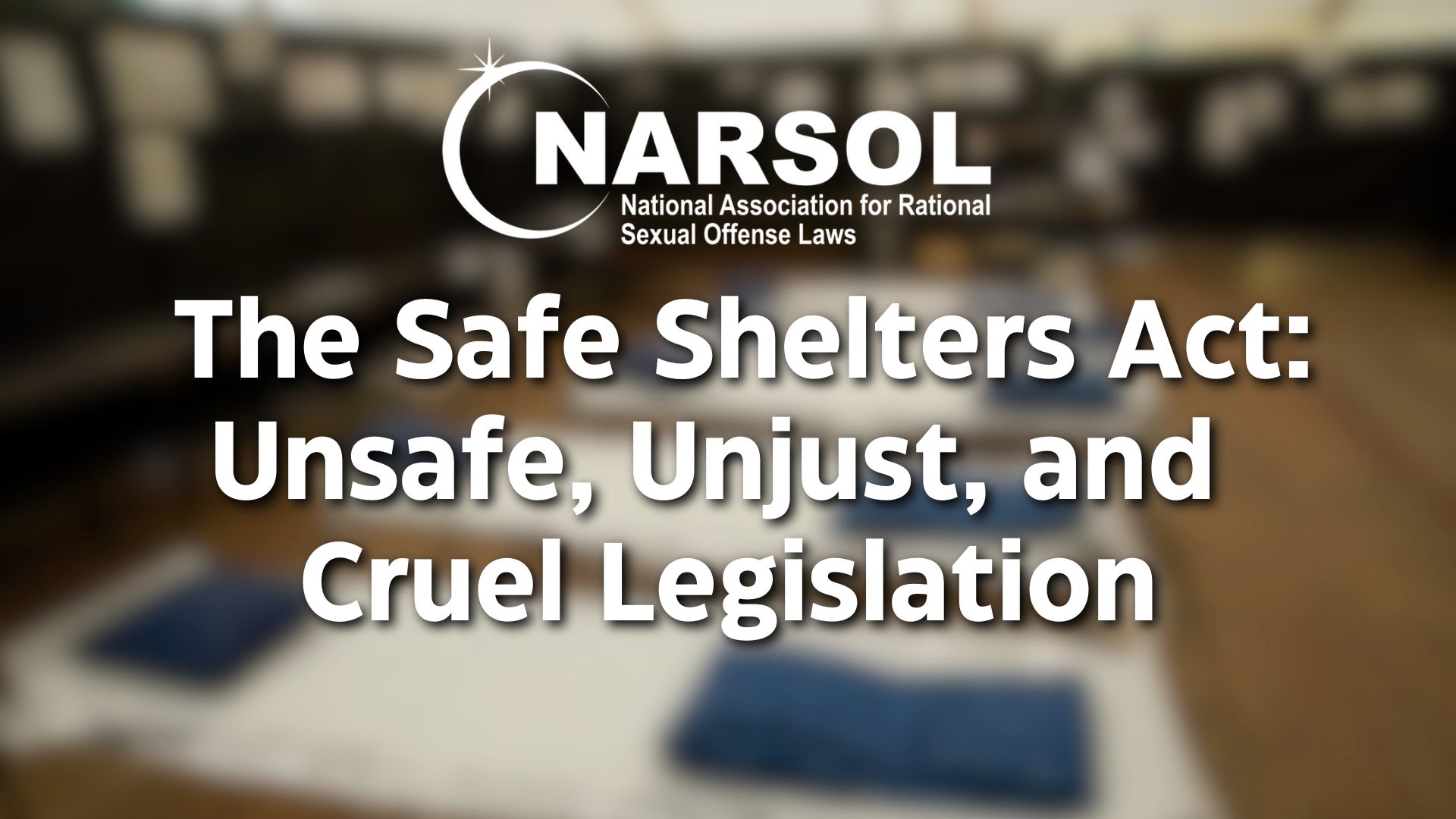Support for the adoption of the ALI’s revisions to its Model Penal Code
Elizabeth Letourneau and Luke Malone: https://slate.com/news-and-politics/2022/02/john-walsh-sex-offender-registry-change.html
“In the United States, up to 70 percent of sexual offenses against children are perpetrated by other children, typically a slightly older relative or playmate who offends in the context of ignorance, impulsivity, and convenience, not predation. Many states subject these kids to the same criminal consequences as adults who have been convicted of sex crimes; the most impactful of which can be registration and public notification, which typically lasts for decades or life, depending upon the conviction or adjudication offense. . . . registration and notification don’t work . . . What registration does is place substantial barriers in front of kids and make it less likely they will succeed. Which is why the American Law Institute is set to suggest a radical change to the nation’s sex crime laws.
“In March, the Council of the American Law Institute will meet to vote on revisions to the Model Penal Code, which include recommendations that will make it all but impossible to register children for sexual offenses.”
NARSOL: https://narsol.org/2022/01/nations-top-cops-curry-favor-with-voters-over-safe-policies-for-children/
“The changes recommended by ALI revolve around four areas: limiting registerable offenses to the more dangerous ones, providing registry access to law enforcement only, modifying registration terms and abolishing lifetime registration, and abolishing blanket restrictions that curtail all registrants’ rights and freedoms. . . . These recommendations made by them are evidence-based and will improve the law in regard to crimes of a sexual nature and those who commit them. They should be supported by the attorneys general in our states and territories. It is especially ill-fitting that the chief officers in legal matters in their respective states should set themselves against recommendations to laws designed to enhance public safety for all.”
More will be added as it becomes available, so check back from time to time.


